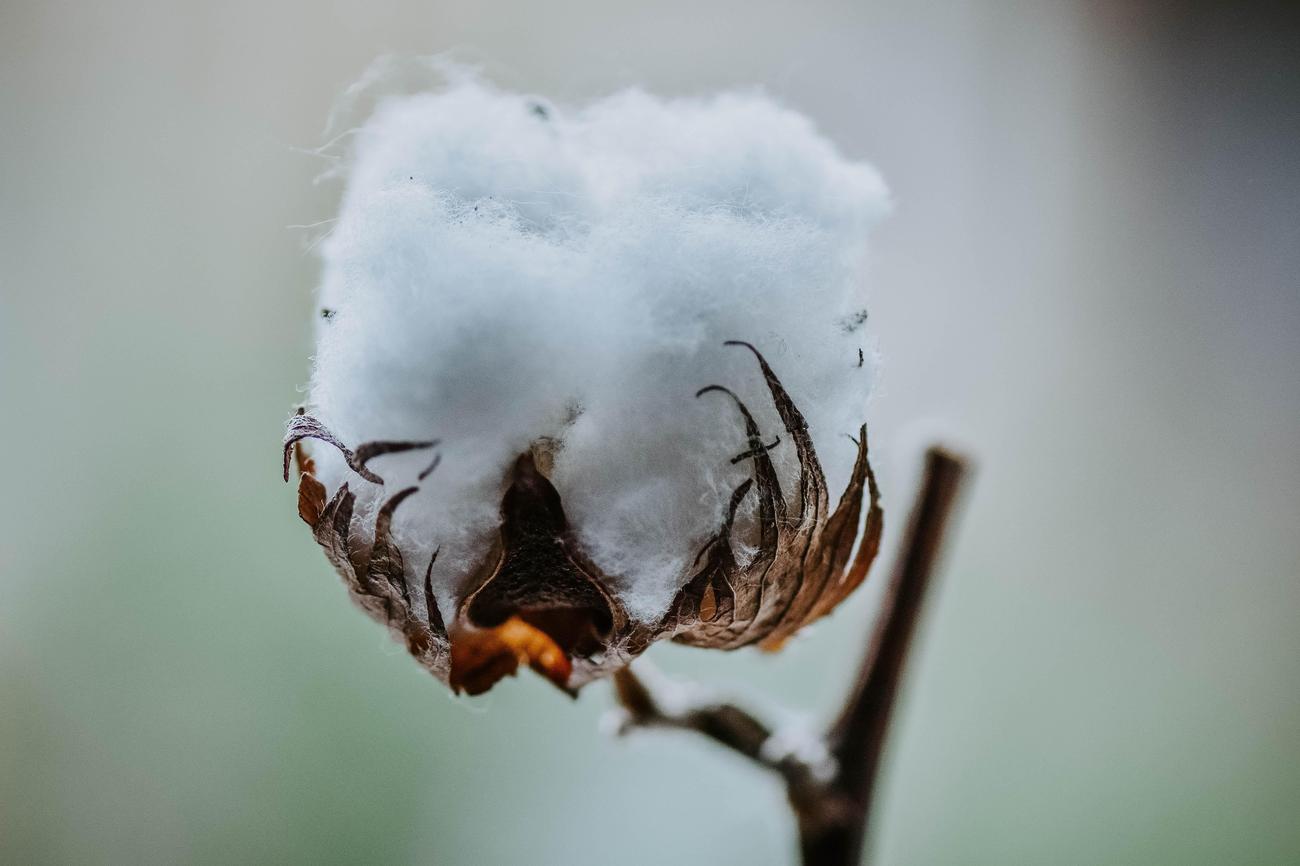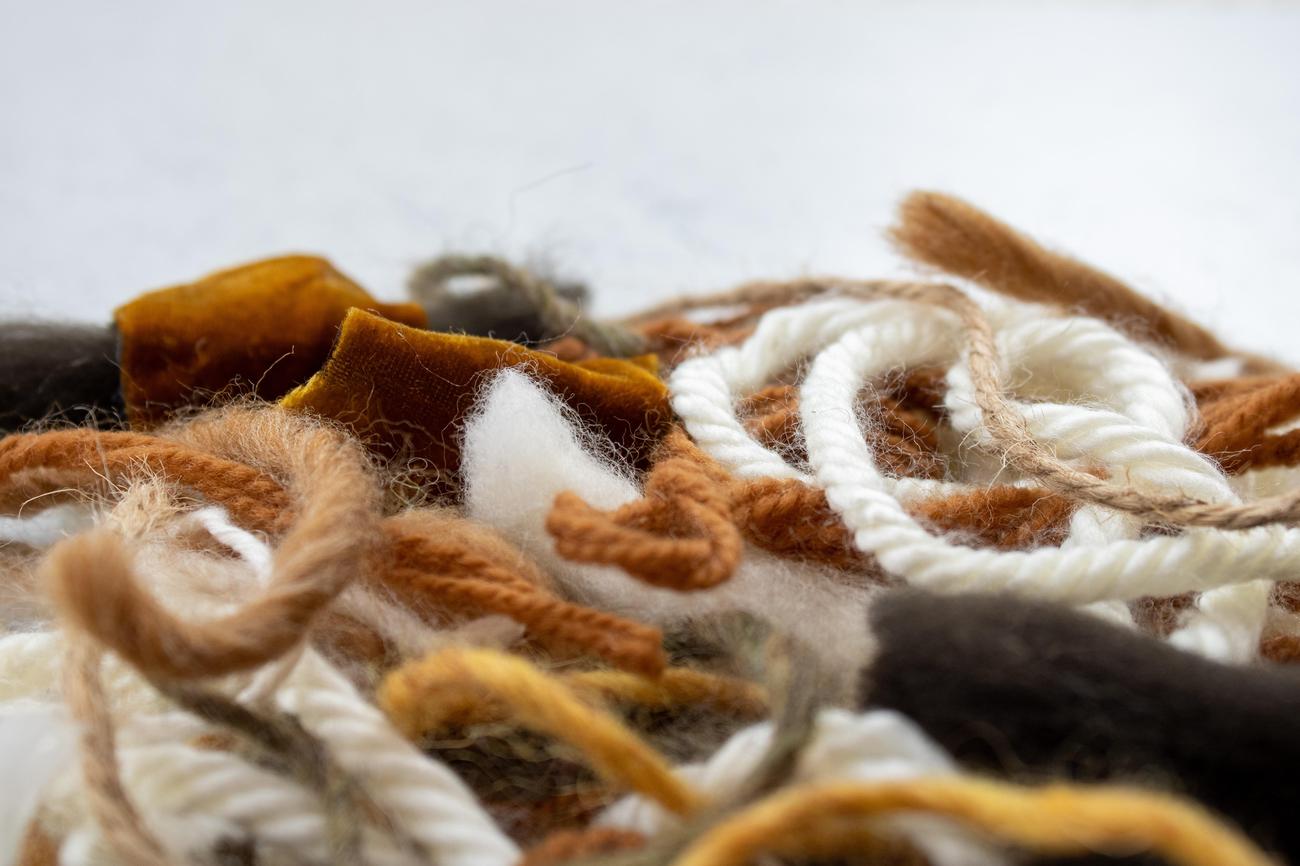If you’re a textile enthusiast who’s always on the lookout for fresh and innovative weaving techniques, then this article is tailor-made for you. Get ready to dive into the world of cotton’s creative weaving and unleash the boundless possibilities it holds. We’ll explore unique approaches that push the boundaries of traditional weaving methods, all centered around the versatile and timeless textile, cotton. Brace yourself for a captivating journey where we blend artistry, experimentation, and modern aesthetics, resulting in stunning textiles that are both visually striking and functional. So grab your loom and thread, and let’s embark on this exciting exploration of unique weaving techniques using cotton.

Unique Weaving Techniques Using Cotton
When it comes to weaving, cotton is a versatile and popular choice among weavers. Its strength and adaptability make it perfect for creating unique and captivating designs. In this article, we will explore some of the most fascinating weaving techniques that utilize cotton, allowing you to unleash your creativity and bring your textile projects to life.
The Beauty of Cotton Weaving
Weaving with cotton offers endless possibilities for both beginner and experienced weavers. Cotton yarn, specifically made for weaving, is easy to manage, making it an excellent choice for those just starting their weaving journey. Its smooth texture and durability allow for seamless weaving, resulting in beautifully crafted textiles.
One of the advantages of cotton weaving is the ability to create utilitarian projects such as table mats and napkins. These functional pieces not only showcase your weaving skills but also add a touch of elegance to your dining table. Imagine weaving colorful and intricate patterns into your very own set of table mats, adding a personalized touch to your meals.
Exploring Various Cotton Weave Patterns
When it comes to cotton weaving, there is no shortage of weave patterns to experiment with. Two noteworthy patterns are the double-faced twill and pinwheel designs.
The double-faced twill pattern creates a reversible fabric, perfect for projects like blankets or shawls. By using different colors and varying the thread density, you can achieve stunning visual effects on both sides of the fabric. Let your imagination run wild as you weave intricate patterns, creating a truly unique masterpiece.
On the other hand, the pinwheel pattern showcases a bold and eye-catching design. The intersecting threads create a mesmerizing whirlwind effect, adding depth and dimension to your woven fabric. Imagine a vibrant pinwheel-patterned scarf that effortlessly grabs attention and complements any outfit.
Adding Cultural Significance to Your Weaving
Cotton weaving holds deep cultural significance, particularly in the realm of Indian textiles. It is an art form that has been passed down through generations, enhancing the beauty of traditional garments like sarees and dhotis. By incorporating cotton weaving techniques into your textile projects, you are not only embracing an ancient craft but also paying homage to the rich history and heritage it represents.
Elevating Your Handwoven Cotton Fabrics
The finishing techniques used for handwoven cotton fabrics can truly elevate the final product. From simple fringes to intricate hemstitching, these techniques add a touch of refinement and sophistication to your textiles. Consider embellishing your handwoven creation with delicate tassels or decorative knots, turning it into a work of art that seamlessly blends traditional techniques with modern aesthetics.
Unlocking the Endless Possibilities
Cotton’s creative weaving techniques offer endless possibilities for textile artisans and enthusiasts. From exploring diverse weave patterns to incorporating cultural significance, there are no limits to what you can achieve with cotton weaving. So, grab your loom, choose your favorite cotton yarn, and embark on a weaving adventure that will unleash your creativity like never before.
“With cotton weaving, you have the power to create one-of-a-kind textiles that tell a story and captivate hearts.”
Consider exploring the diverse weaving techniques using cotton and witness the magic unfold as you weave your way to textile artistry. Let the versatility and beauty of cotton guide your hands, and watch as your textile projects become statements of creativity and craftsmanship.
Cotton has been a vital textile for centuries, but how much do you really know about the cotton plant? Today, we’re diving into three fascinating facts that will change the way you think about this seemingly ordinary crop. Did you know that cotton fibers can grow up to 2.5 centimeters in just one day? It’s a remarkable feat that showcases the incredible resilience and growth potential of the cotton plant. Another intriguing aspect of cotton is its natural color variations. From snowy white to creamy yellow, cotton comes in a range of hues that add a touch of natural artistry to our everyday lives. Lastly, the cotton plant is not only a source of fiber but also an impressive oil producer. Cottonseed oil, extracted from the plant’s seeds, is used in many food products and even found its way into cosmetics.
If you’re eager to discover more mind-blowing facts about the cotton plant, click here to unravel the hidden secrets of this marvelous crop: 3 Facts About Cotton Plant. Get ready to be amazed!

FAQ
Question 1: What are some unique weaving techniques using cotton?
Answer 1: Some unique weaving techniques using cotton include double-faced twill and pinwheel patterns. These techniques allow for the creation of visually striking and functional cotton-based textiles.
Question 2: What makes cotton a great material for weaving?
Answer 2: Cotton is a popular choice among weavers because of its strength and versatility. It lends itself well to different weaving patterns, color combinations, and textures, allowing for endless creativity and exploration.
Question 3: Is it easy to weave with cotton?
Answer 3: Weaving with cotton can be easy, especially for beginners. Cotton yarn made specifically for weaving is easy to manage, making it a great choice for those just starting out in the craft.
Question 4: What can be created by weaving with cotton?
Answer 4: Weaving with cotton allows for the creation of various utilitarian weaving projects, such as table mats and napkins. These functional pieces can add a touch of creativity and craftsmanship to everyday items.
Question 5: Are there different finishing techniques for handwoven cotton fabrics?
Answer 5: Yes, there are various finishing techniques for handwoven cotton fabrics. These techniques include washing, trimming, and steaming, which help enhance the appearance and durability of the finished textile.
- Crypto Quotes’ Red Flags: Avoid Costly Mistakes - June 30, 2025
- Unlock Inspirational Crypto Quotes: Future Predictions - June 30, 2025
- Famous Bitcoin Quotes: A Deep Dive into Crypto’s History - June 30, 2025
















